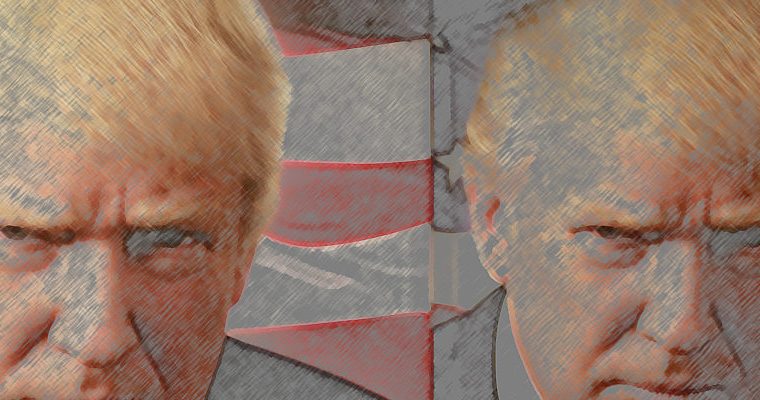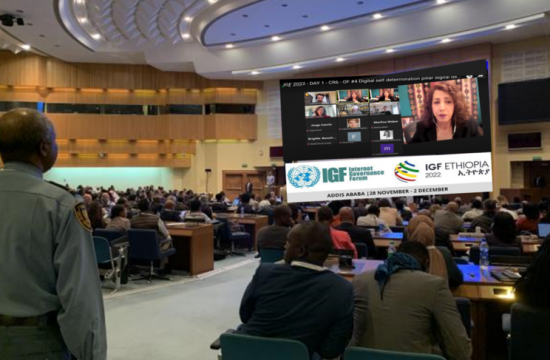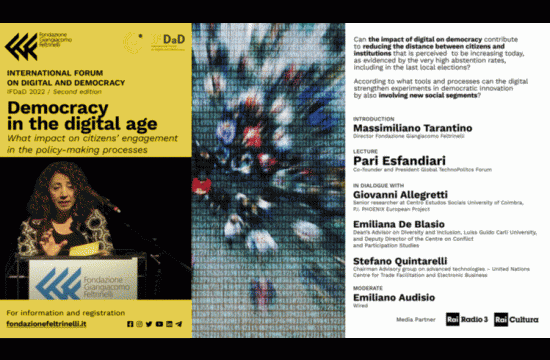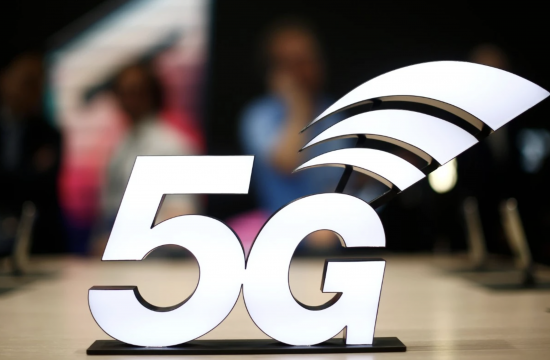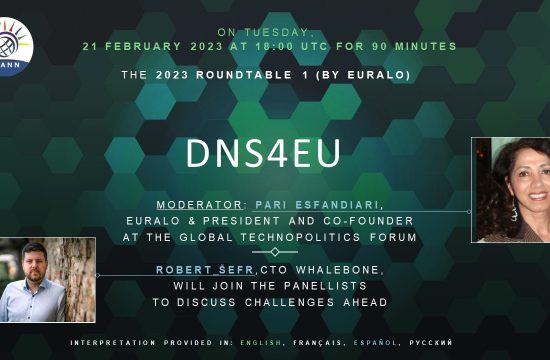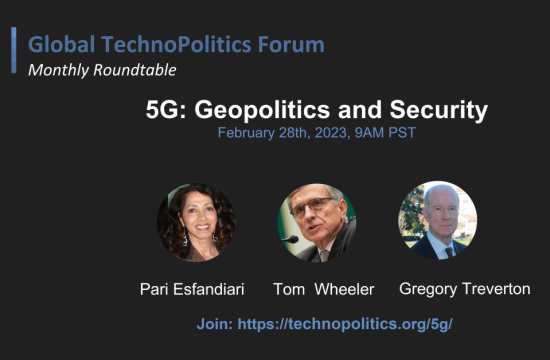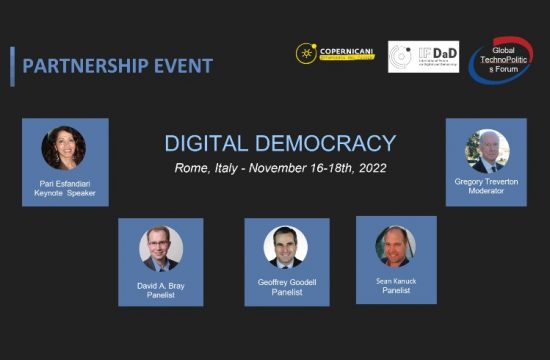By Pari Esfandiari – First Published in Dante Magazine.
An examination of the electoral seismic shifts – and discussion on what’s next for democracy. Opinions expressed are the author’s own.
By now you have met Storm Trump. Unfortunately. To the people who know him best, the Trump forecasters who have been tracking him for years, Storm Trump is powerful, nasty, compact, speedy, unpredictable, and chaotic. A deadly combination with the potential to cause devastation and distraction. America has seen many storms before, but this is a different kind of storm. It is a nominee, then elect, and now president of the United States of America.
Like all storms, it started slowly, on 18 March 2015; it looked like a weak Trump – who just proposed himself for the highest office in the country – was not even going to survive the day.
Emails released by Julian Assange’s WikiLeaks claim that two months prior to the move, the Clinton campaign knew that Trump was going into the race and Clinton staff were plotting, according to Jon Austin. Clinton may have paved the way for Trump’s victory and sealed her own fate by trying to promote the controversial business tycoon in the press in the hope it would divide his Republican Party while driving fear and anxiety into Democrats to the point where enough Democrats and voters would gladly vote for Clinton just to avoid Trump becoming president. During the campaign, a conspiracy theory revealed by Express.co.uk, even went as far as calling Trump, a former friend of the Clintons, and a Democrat supporter, “a stooge for the Democrat Party within the Republicans, to ensure Clinton wins”!
Whatever the truth may be, by July 2015, Trump was already getting a lot of media attention. To many it was a wrong kind of attention; the Huffington Post went as far as pushing its coverage of the Trump campaign to its entertainment rather than political section. To Trump, all attention, good and bad, pretty and ugly, was essential to strengthen his brand and he provoked publicity to generate it.
By May 26th, 2016, he won the Republican primary process. Yet, by September his unorthodox style and outrageous comments received strong public outcry and harsh criticism from party leaders such as Mitt Romney, John McCain, and the Bush family which in turn further fuelled media frenzy and also caused broader public approval for Trump. Was this part of the reality show, designed to increase Trump’s public appeal? Or were Republicans truly disgusted by their own nominee? Surely yes, and certainly this is so for some Republicans. What is clear is that with polls showing his downward spiral, and degrading sexual comment tape, it seemed that it was all over for Trump. However, every storm is full of surprises, this one even more so.
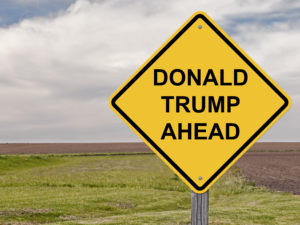
On November 8th, unexpectedly for many, it intensified and Trump won the 2016 presidential election and became the strongest storm ever hit the United States off guard.
For many, the first evidence of the coming trouble occurred during the primaries. But a right-wing populist tsunami was in full force in Europe as we saw recently in Brexit, the climb of France’s Marine Le Pen and Geert Wilders of the Netherlands, and earlier with the rise of his fellow Dutch countryman Pim Fortuyn. The landscape of politics–media–public was once in a perfect tune and this often led to predictable results. How did it change so fundamentally, and so rapidly, to such disintegration, that every outcome seems unpredictable and direction uncontrollable?
***
In his December 2016 article in The Atlantic, Jonathan Rauch, a senior fellow at the Brookings Institution, explains that the political reforms of the past 40 years, by often well-meaning political reformers, have pushed toward the political system dysfunction and disintermediation. Dysfunction stirred public anger, resulting in political disruption, which in turn caused yet more governmental dysfunction. The constitution created intermediaries to restrain “demagogic excess and populist caprice”. Ironically, the reforms promoted an “individualistic, atomized model of politics in which there are candidates and there are voters, but there is nothing in between”!
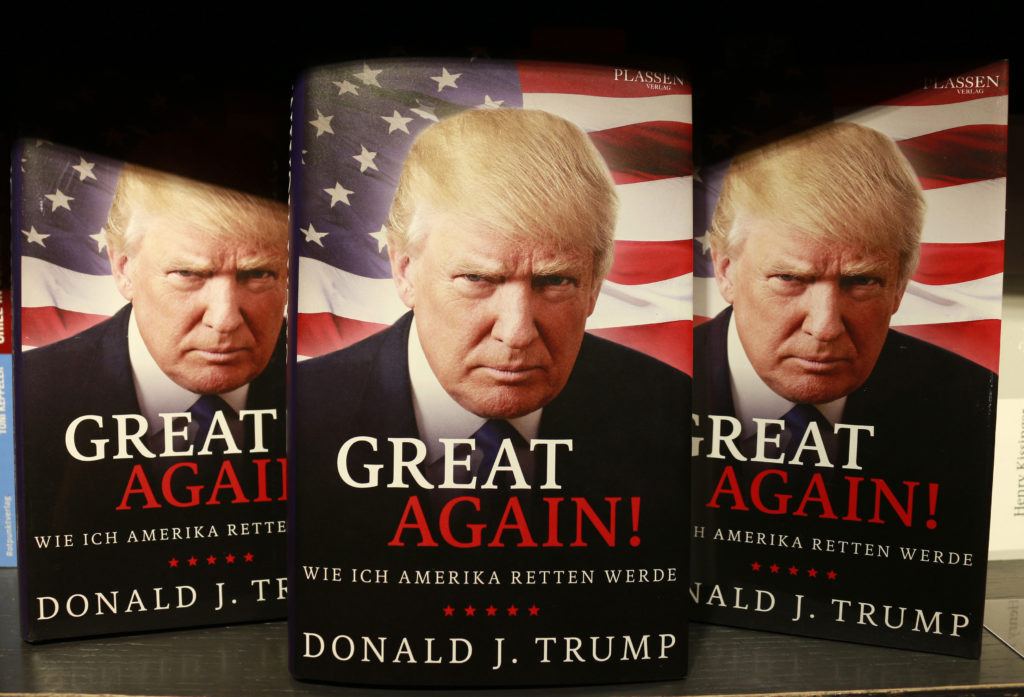
Meanwhile, public anxiety has been rising high, over an unpredictable future in a rapidly changing globalized world with uncontrollable technology. Many Americans believe that life is deteriorating around them, even if they are not affected. Yet, they worry about the future. They fear a perceived economic grievance as a result of a decline in employment because of machines taking over jobs; free trade shifting factories and labor overseas; and competition at home from immigrants over remaining limited jobs. They are also concerned about the apparent erosion of cultural values and ways of life because of increasing immigration and because of minorities’ rights.
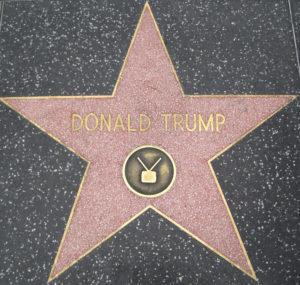
These anxieties are exacerbated by the pressure for political correctness and identity politics that have gone too far and increasingly turned illiberal. They see it as an attack on their freedom of expression led by minorities and a form of dishonor and humiliation. Add to these the sense of insecurity that came with the September 11th attacks in 2001, when a few foreigners paralyzed America. In short, they feel hopeless and powerless as their country, great America, is slipping through their fingers.
A related trend is rising political cynicism and the public’s hostility towards, and distrust of, politicians and the process of politics. A Hibbing & Theiss-Morse study in 2002 found that 25 percent to 40 percent of Americans believe that obvious solutions to the country’s problems are out there but partisan politicians ignore it because they are corrupt and/or self-interested. They feel disadvantaged but also misled and manipulated by the political establishment that they trusted for a long time. They are angry and question political authorities’ integrity. Thanks to recent election rhetoric, neurotic hatred of the political class has become the country’s last universally acceptable form of bigotry.
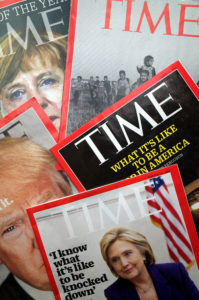
Public frustration with the political system has led to elevating erosion of partisan attachment and voters’ instability between parties. According to the 2015 Gallup poll, 42 percent of Americans are identifying as independents and the numbers are on the rise. The Gallup polls over five consecutive years point to more voter instability between parties. There is also increasing public disinterest, especially white voters in presidential elections. Increased desire for outsiders candidates is evident: Polls by Pew show that “from 2007 to early 2016 the percentage of Americans saying they would be less likely to vote for a presidential candidate who had been an elected official in Washington for many years than for an outsider candidate more than doubled, from 15 percent to 31 percent”.
***
On the media side, technological advancements of last two decades have revolutionized the landscape over a very short period of time. In the past, media ownership was exclusive, expensive, and influential. Editors were informed, independent, powerful and qualified individuals, aiming to inform the public on the most pressing issues of the day, presenting balanced views of subject matters, while professional journalists produced quality content.
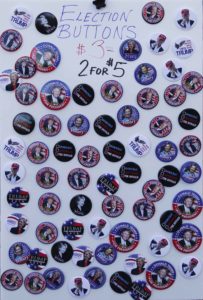
New technology pushed towards disintermediation offering citizen journalism where users could generate and publish content. Web 2.0 and its powerful social networks with their decisive viral information distribution capability, offered new forms of non-hierarchical communications. It is a people-to-people form of communication that operates through hyperlinks, websites, or re-tweeted messages, with hashtags, that made it possible for individuals to reach out to masses of people with little cost or effort. With no barrier to market entry, the highly protected and exclusive media market shifted to an extremely competitive and inclusive market. Today, the media market is a fragmented supply market and is characterized by a heated battle for market share and advertising income with rating, click, and circulation at the core of its focus.
***
Tragically, media shifted its approach from citizen-centric to market-centric. From providing what they considered to be in the public interest, to what the public is interested in. Consequently, content and news became a commodity in the consumer market. Meanwhile, the information-overloaded context has produced a public with a short attention span. To capture audience attention, content has shifted to stories that stimulate emotions; such as outrage, shock, indignation, admiration, or curiosity.
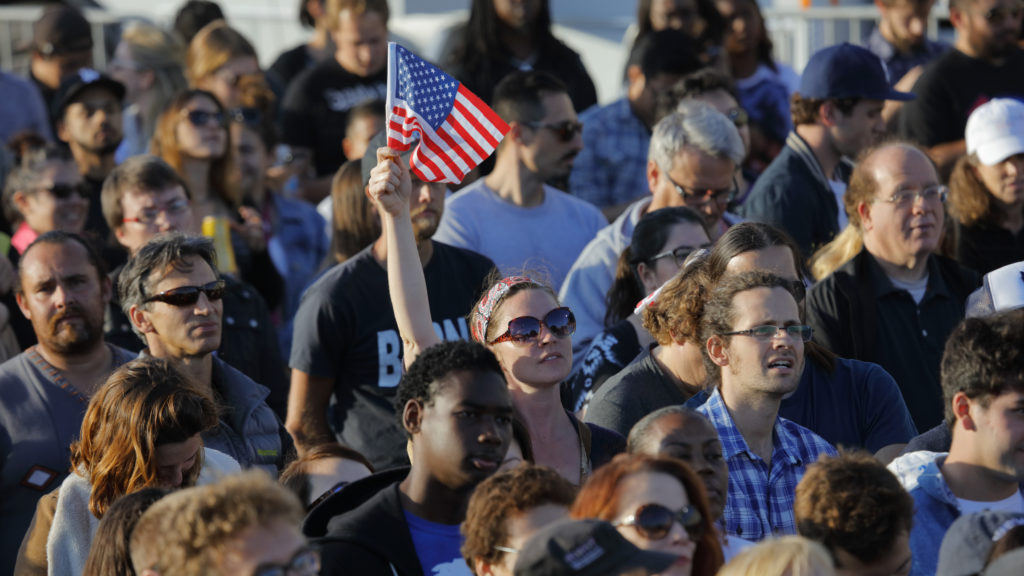
The line between news and entertainment is also blurred. Complicated stories are produced and consumed in eight-second clips, and news has become infotainment, placed next to entertainment stories online, making it hard to differentiate news from fictional stories and fact from fiction. (Cue “fake news”, “alternative facts” and double-speak worthy of George Orwell.) What is more, the current fragmented media market encourages viewers to avoid political information and news, altogether with dire repercussions for the functioning of politics.
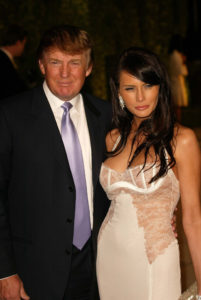
Donald Trump and Melania Knauss At the 2004 Vanity Fair Oscar After-Party in Morton’s Restaurant, West Hollywood, CA. 02-29-04
The trend for “celebrity politicians” erodes the line between politicians and entertainers. Increasingly, political parties and politicians have to adopt the new production routines, styles, and formats of media, particularly television. This means that, rather than news and current affairs programs, politicians appear in talk shows, sharing the platform of publicity with Hollywood stars and sports celebrities, where persona, authenticity, and performance are essential skills. Image overrides fact, substance, and virtues.
Meanwhile, media and politicians, in their drive to make their programs and messages more interesting, encourage the stars of popular culture to use their popularity to communicate complex political issues with the public. This has given rise to celebrities who use political platforms for self-promotion, often forming direct and constant lines of communication with the public through their own websites, Twitter, Facebook, and other social networks. The result is a close bond, intimacy, and trust with fan bases.
Since public trust towards the political classes already has collapsed, “celebrities have assumed a moral authority among target audiences” according to Ellis Cashmore (2006). The gradual shift of power and authority from politicians to celebrities is blurring the line between politicians and celebrities further.
***
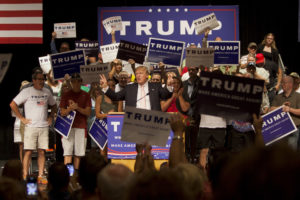
A related trend is a similar blurring of the line between celebrities and the public. Celebrities direct communications with their audiences, removing the aura and the mystic that once surrounded them and turning them into ordinary people.
The trend has progressed to the “Kardashian Effect,” where fame is independent of talent, virtue, or achievement. The theme is intensified with the popularity of reality TV shows, where ordinary people become stars.
Today, celebrity is instantaneous and easily orchestrated in viral terms. Trump’s election has moved this phenomenon into the political arena.
When TV programming shifted to online, there was a change in viewing habits. The dominant form of entertainment used to be movies and sitcoms in the 90-minutes range. Now it’s the multi-season series like “House of Cards” in the 100 hours range. Such a length of time demands wild plots and suspense as well as a complex characterization, described by James Poniewozkoct in an article for the New York Times as “a dark protagonist” who “travels the entire span from good to evil and back”. Poniewozkoct further pointed out that these ethically troubled characters are “usually middle-aged white men in pursuit of power”.
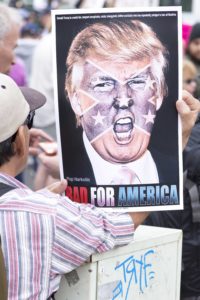
SAN DIEGO, USA – MAY 27, 2016: A protester holds a sign featuring a picture of Donald Trump superimposed with the confederate flag at a protest outside a Trump rally in San Diego.
At the same time, reality TV shows became extremely popular. These shows are often dependent on politically incorrect, cartoonishly absurd, outrageous, and bizarre characters. These TV genres have changed the kind of characters that dominated our popular culture and normalized their bad behavior. As audiences, we now have developed a communal tolerance and even may identify with them and their bad deeds; some may even go as far as adopting and mimicking these previously unaccepted thoughts and behaviors.
***
It was against this chaotic backdrop of the ever-changing politics–media–public landscape that the U.S. 2016 election took place. The context was ripe for exploitation by a shrewd and savvy opportunist. Then came Trump, almost like a character transplanted from fiction into real life.
A celebrity in his own right, Trump is independently wealthy as a luxury real estate and casino businessman and media showman. He is dismissive of the intermediating party platforms and is powered by a fearless drive. He effectively self-nominated as a Republican candidate and launched a new era of U.S. politics. He was eyeing Washington since 1980s, but he knew that he had no chance with the political establishment. As a businessman, he understood the recent business trend where newcomers used a disintermediation model to disrupt existing and stable businesses – think of Amazon. He waited until the political system was ready for him to assume the role of political disrupter. He had no political debts or party loyalty. Since 1987, he has been Republican, Democrat and has even said “I do not wish to enroll in a party”. He has donated to both main parties and shown loyalty to and affinity for neither. According to Obama, “Trump is pragmatic, not ideological”. He had neither his Party leadership’s support nor the policy rhetoric. He has no political experience and never held office.
Ironically, Trump had all the qualifications that the new politic-media-public landscape required. He had a natural showmanship talent and many years of camera experience, 14 years of which was in the reality TV show The Apprentice. The latter revived and turned him into a contemporary celebrity. Moreover, he has been involved with World Wrestling Entertainment (WWE) and developed a deep understanding of wrestling shows’ dynamics.
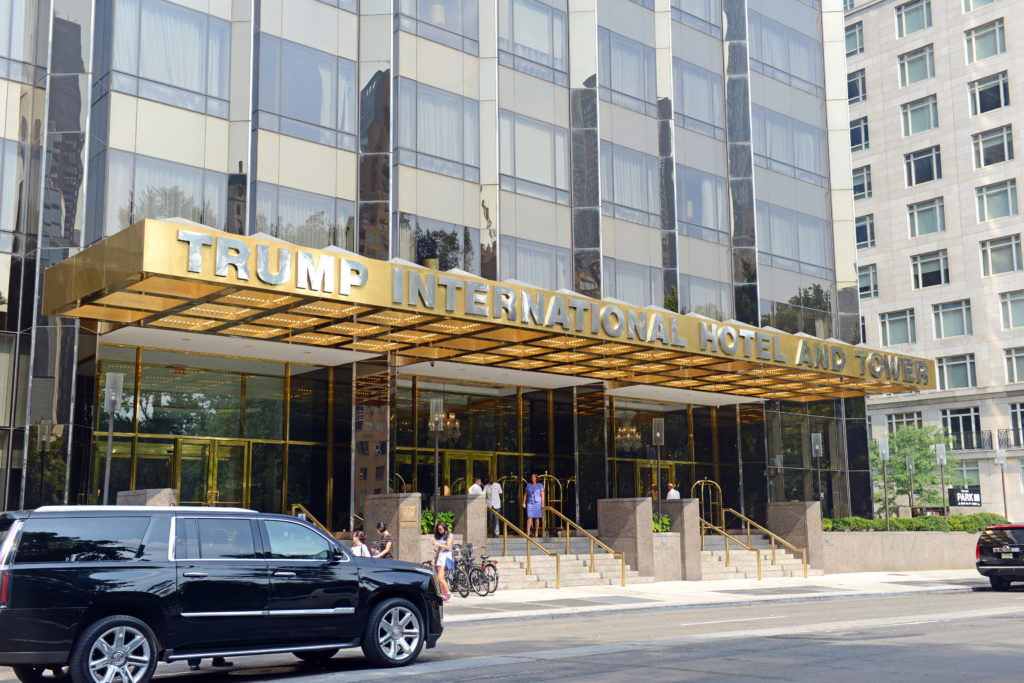
He began his one-man-led show, now a political movement, by identifying a constituency. Considering his unorthodox doctrine, outsized personality, a crisis-mongering message, he was a perfect match for politicphobics, culturally troubled, and those worried about the economy. He found an audience among millions of unrefined Americans who did not have a significant voice in the U.S. politics – the marginalized white males, the rural poor, the poorly educated, the unemployed, and – unfortunately – even outright racist, sexist, xenophobic voters. There were more supporters: the Tea Party; and Republicans so discussed by their own party that wanted to “damage the GOP” so it would change fundamentally. Similarly, some Democrats were convinced that “four years of Trump presidency would revive the Democrat core, while eight years of Clinton will put it more into sleep”. They gave little thought to any erosion of political culture and/ or threat to global peace that a Trump presidency may cause.
***
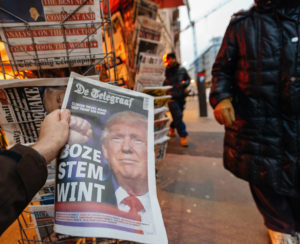
Knowing that his ideas, or lack of them, his persona, and his style had no appeal amongst progressives, he ignored the traditional politician’s approach of representing people as a whole in mass media and spoke directly to his base using newer platforms such as Twitter. There was nothing to restrain him from sounding every note of populist fantasy. He promised “to make America great again” and blamed immigrants, minorities, banks, and government for America’s downgrade on the world stage and for the pain and suffering of its people. He became their voice and won their loyalty.
To cultivate a personalized bond with his base, he emphasized the emotional content of his events and wore a trucker’s cap. However, he kept his personal jet in full display, a distasteful dictatorial gesture from many progressives’ point of view, but a clear message to his base that positioned him as a strong macho man. They saw him as their savior. He now embodies the voice and will of the people and displayed a dangerous and unprecedented power over them. It is deeply troubling to watch his speech before some 11,000 fans in Orlando, Florida as part of his “thank you” tour. He told to a cult-like crowd, some of whom seemed in a state of trance, that “You people were vicious, violent… But now, you’re mellow and you’re cool and you’re not nearly as vicious or violent, right? Because we won, right?” Was he sending a message to the political establishment that is investigating the legitimacy of his presidency? Or was it aimed at College Electoral who were about to vote for him?
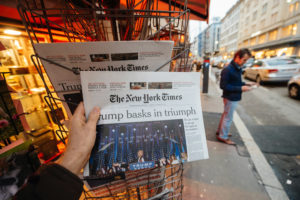
Whatever his purpose, it was a clear show of power, that his glass-eyed “vicious and violent” cult was at his command to be called to the scene whenever he wishes. A “homegrown authoritarian,” as President Barack Obama called Trump, some critics are warning about the chilling resemblance between Trump’s style and that of Mussolini.
His campaign team focused on his strategy and dealt with where, what, and through which channels to communicate with the public. Meanwhile, as an experienced performer, he knew exactly how to communicate. His unorthodox tactics may be novel in political campaigns; they are used and tried methods in the entertainment world that he comes from and he has plenty of experience to show for.
Trump was inducted into the World Wrestling Entertainment (WWE) Hall of Fame in 2013 and had invaluable lessons in performance from his years of involvement with the WWE. Trump’s energetic omnipresence and deliberate frenetic behavior, his focus on the moment, and disregard for the coherence of acts and outcome of the game, his drive to elicited maximum passion and to elevate it by promising justice against evildoers, and his focus on the act rather than fact are all tactics brought in from wrestling. In his article for ThinkProgress.com, Judd Legum discusses Trump’s debating style in relation to wrestling, and quotes French philosopher and sociologist Roland Barthes who says that “there is no more a problem of truth in wrestling than in the theatre”.
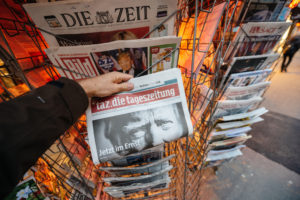
From more than 14 years of experience as a reality TV star, Trump realized that to survive until the next debate or TV episode, he needed to stand out and grab the media’s attention. He embarked on a mission to steal the show at any prize. He had seen how the most outrageous, extroverted, pushy personalities made it to the next round in his shows; he comfortably displayed his abrasive, celebrity-driven personality and used his natural showmanship to engage the audience. Reality TV shows reward fast-talking and improvisation, Trump’s campaign adopted the same style.
Other tactics used were eruptions to throw rivals off-balance and get under their skin, to dismiss tough questions, and to promise easy answers without details. He made emotionally charged provocative and controversial comments and became a polarizing figure. He proved to be a charismatic leader, who masterfully tested American decency and the strength of its tolerance and democracy. He began with his controversial and/or humiliating remarks toward groups or individuals.
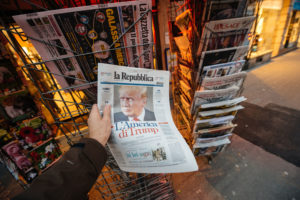
Ruth Ben-Ghiat, in an article for Atlantic, comparing Mussolini with Trump, explains: “It’s designed to gauge the collective appetite and permission… The way elites and the press respond to each example of boundary-pushing sets the tone for the leader’s future behavior — and that of his followers”. She lists “his racist tweets or re-tweets, which his campaign then declares a mistake; his early declaration that he could shoot someone on Fifth Avenue in New York and not lose any supporters; his extended humiliation of powerful politicians such as Paul Ryan and John McCain; his attempt to cast doubt on the legitimacy of the American electoral process; his intimation that ‘the Second-Amendment people’ might be able to solve the potential problem of Hillary Clinton appointing judges, presumably by shooting her. This last remark is a sign that Trump feels emboldened in his quest to see how much Americans and the GOP will let him get away with — and when, if ever, they will say ‘enough.’”
He aired unfiltered emotions and encouraged subjective interpretation of truth, two more tactics brought in from reality TV shows.
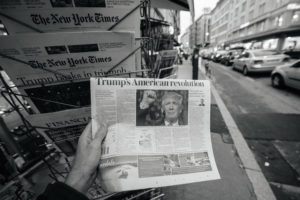
Trump has repeatedly contradicted himself and denied the veracity of fact-checkers, even when presented with clear evidence. According to June Deery, media studies professor at Rensselaer Polytechnic Institute: ‘Trump destabilizes notions of fact, truth, and evidence”, just like a reality TV show where the audience members are left to debate and decide for themselves what is real and what is staged. Even more, truth is constructed and the winner is decided as Barthes explains wrestling: “Some fights, among the most successful kind, are crowned by a final charivari, a sort of unrestrained fantasia where the rules, the laws of the genre, the referee’s censuring and the limits of the ring are abolished, swept away by a triumphant disorder which overflows into the hall and carries off pell-mell wrestlers, seconds, referee and spectators”.
***
Finally, despite all the controversies surrounding Trump’s persona, deeds, and business dealings, and in the face of possible Russia’s election interference, he won the 2016 election to everyone’s surprise, him included. “I came down those escalators. And who knew this was going to happen,” said President-elect Trump.
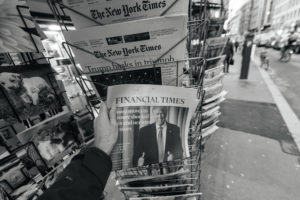
Perversely, it is just possible to see Trump’s election as an insignificant and petty diversion from more pressing global issues. Even though he now is a key player in dealing with these issues. Either way, his rise serves as a warning of where a democratic culture built on the virtues of ignorance and self-fulfillment could take us. In his book Thus Spoke Zarathustra, Nietzsche reveals the “abyss” that democracy could lead to. We are at that junction. The media and political establishment have lost their touch with the man in the street. How they can re-establish the relationship is the key challenge of our time. They could lead us into a societal rift that upsets the country or create cohesion through openness. Trump is often seen as imperiling our democracy, but a deeper gaze into recent developments reveals the president as the product of democracy already in crisis.
Dr. Pari Esfandiari is a commentator and journalist currently based in the U.S.
DANTE is a commercially and politically independent magazine. Publication does not necessarily reflect endorsement. We give space to all sides able to articulate clear views, to encourage debate and we welcome contrary opinions.
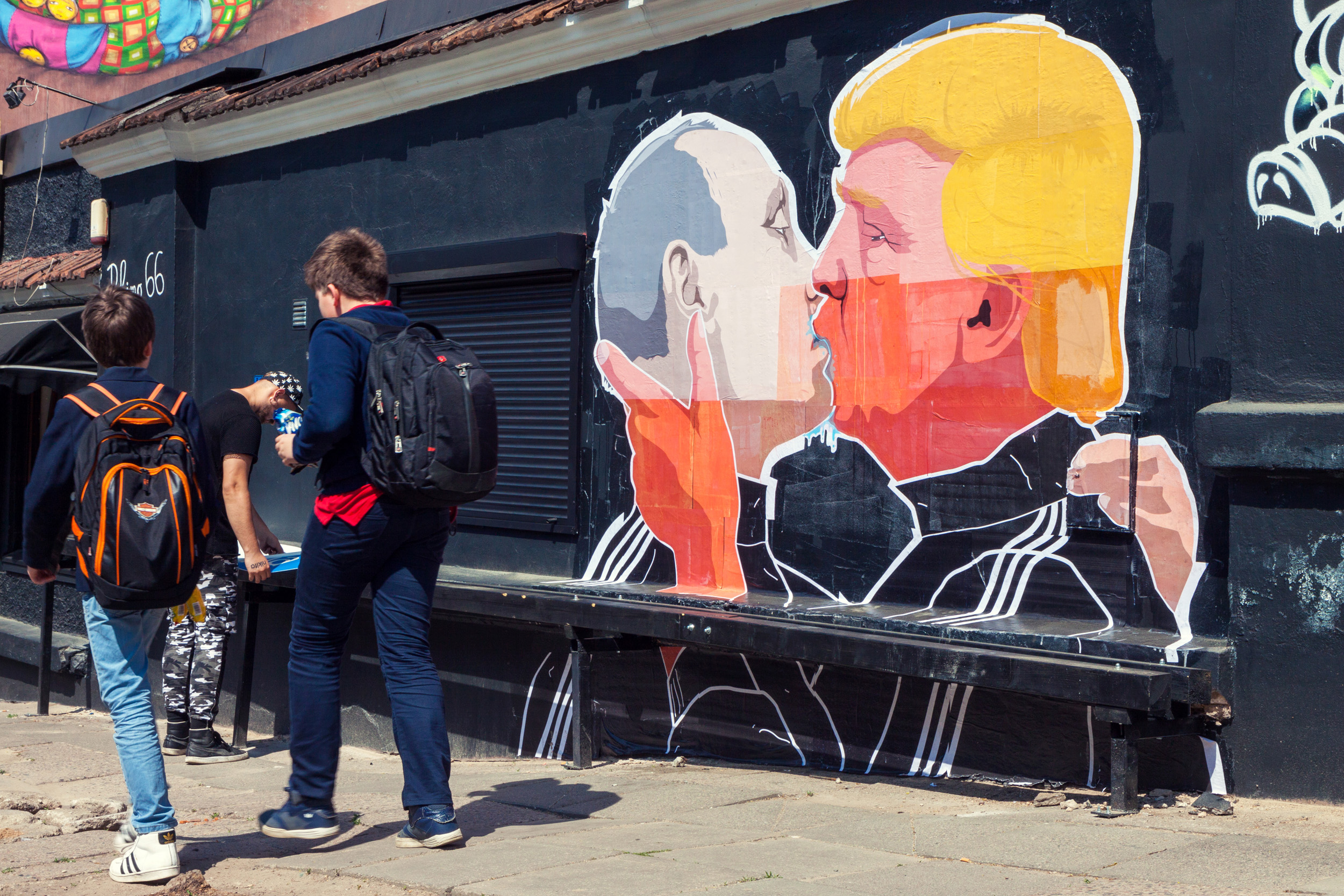
VILNIUS, LITHUANIA – MAY 13,2016: Mural artwork of Russian President Vladimir Putin and Donald Trump kissing on the side of a barbecue restaurant in Vilnius, Lithuania.
